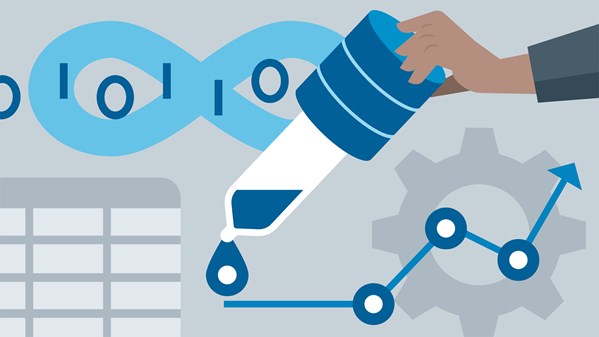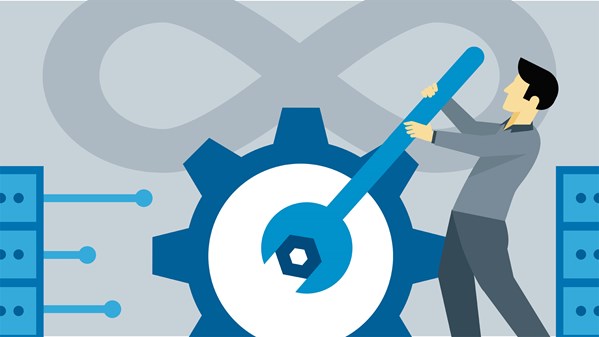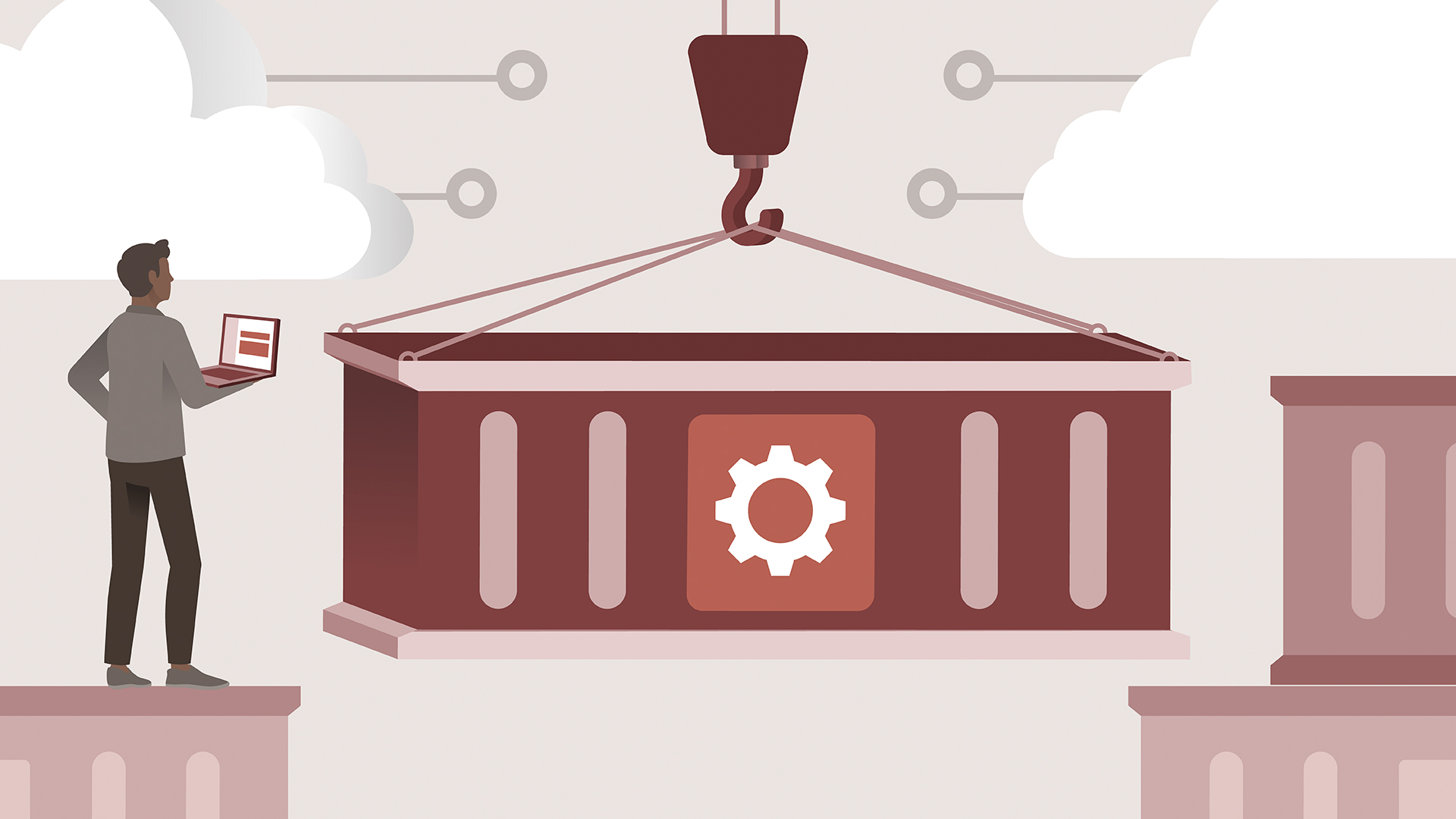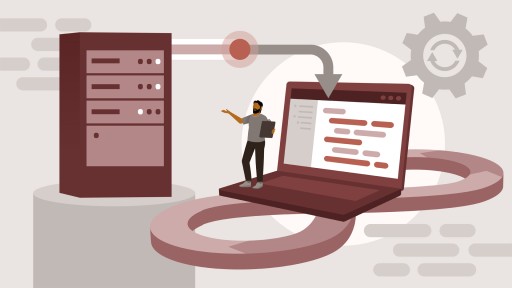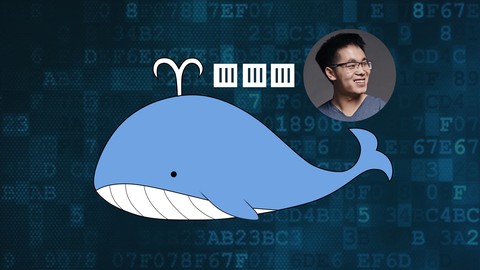
Learn how to develop and deploy web applications with Docker technologies. Take your DevOps skills to the next level. In this course, you will learn:
- Containerize a web-based application with a microservice approach and automate it using Dockerfile
- Scale Docker workflow with Docker Swarm, orchestrate and deploy a large-scale application across multiple hosts in the cloud
- In-depth knowledge about Docker technology and confidence to help your company or your own project to apply the right Docker deployment workflow and continuously deliver better software
- Design multi-container applications and automate the workflow using Compose
- Best practices of working with Docker technology in the field
- Invaluable DevOps skills such as setting up continuous integration workflows

